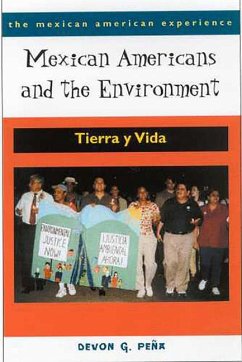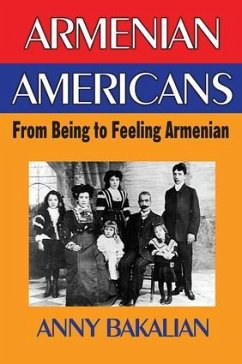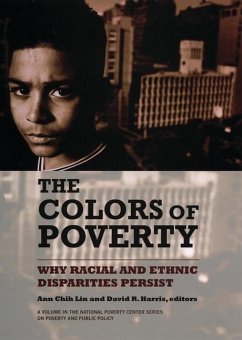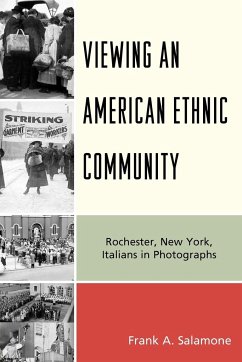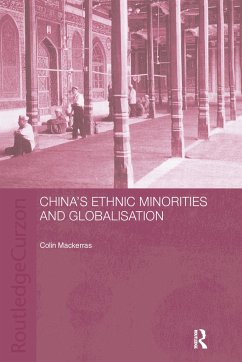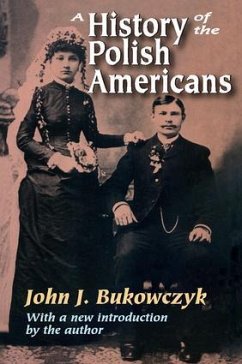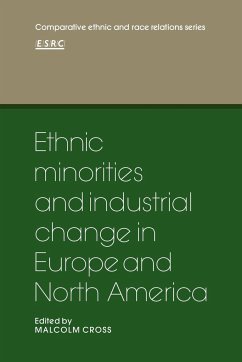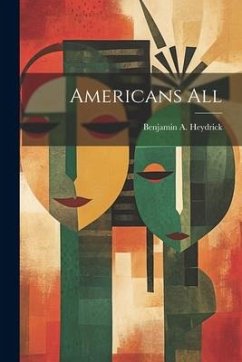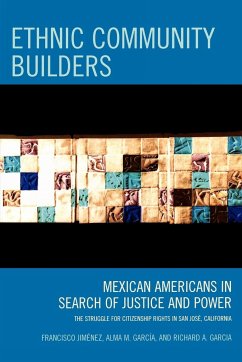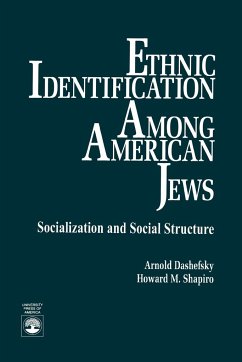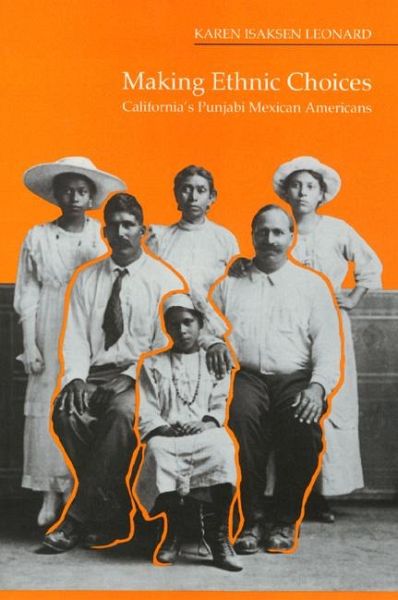
Making Ethnic Choices: California's Punjabi Mexican Americans
Versandkostenfrei!
Versandfertig in über 4 Wochen
31,99 €
inkl. MwSt.

PAYBACK Punkte
16 °P sammeln!
This is a study of the flexibility of ethnic identity. In the early twentieth century, men from India's Punjab province came to California to work on the land. The new immigrants had few chances to marry. There were very few marriageable Indian women, and miscegenation laws and racial prejudice limited their ability to find white Americans. Discovering an unexpected compatibility, Punjabis married women of Mexican descent, and these alliances inspired others as the men introduced their bachelor friends to the sisters and friends of their wives. These biethnic families developed an identity as ...
This is a study of the flexibility of ethnic identity. In the early twentieth century, men from India's Punjab province came to California to work on the land. The new immigrants had few chances to marry. There were very few marriageable Indian women, and miscegenation laws and racial prejudice limited their ability to find white Americans. Discovering an unexpected compatibility, Punjabis married women of Mexican descent, and these alliances inspired others as the men introduced their bachelor friends to the sisters and friends of their wives. These biethnic families developed an identity as "Hindus" but also as Americans. In this work, Karen Isaksen Leonard has related theories linking state policies and ethnicity to those applied at the level of marriage and family life. Using written sources and numerous interviews, she invokes gender, generation, class, religion, language, and the dramatic political changes of the 1940s in South Asia and the United States to show how individual and group perceptions of ethnic identity have changed among Punjabi Mexican Americans in rural California. The intermarriages featured conflict as well as respect and love, and the Punjabi-Mexican families formed a unique community in many ways. As she inquired about the childhood experiences of people with names like Maria Jesusita Singh, Leonard discovered the swift communication network of the "Mexican Hindus", the dynamics between domineering Indian men, and the strong kinship ties and compadrazgo relationships of their Hispanic wives. She describes the cultural inventiveness of the children of these unions, who claimed the "Hindu" identity despite their incomplete inheritance of Punjabi culture. Shealso examines the problematic kinship between recent South Asian immigrants and the Punjabi Mexican Americans. Assembling life stories as well as collective biographies of localized groups, Leonard demonstrates that ethnicity is both persistent and flexible, that ethnic identities are continually constructed and reconstructed by individuals and by society. Her exploration of a small community that lasted only one, possibly two generations reveals much about the historical construction of ethnicity, its meaning to people across time, space, and context, and the nature of ethnic pluralism in the United States.



